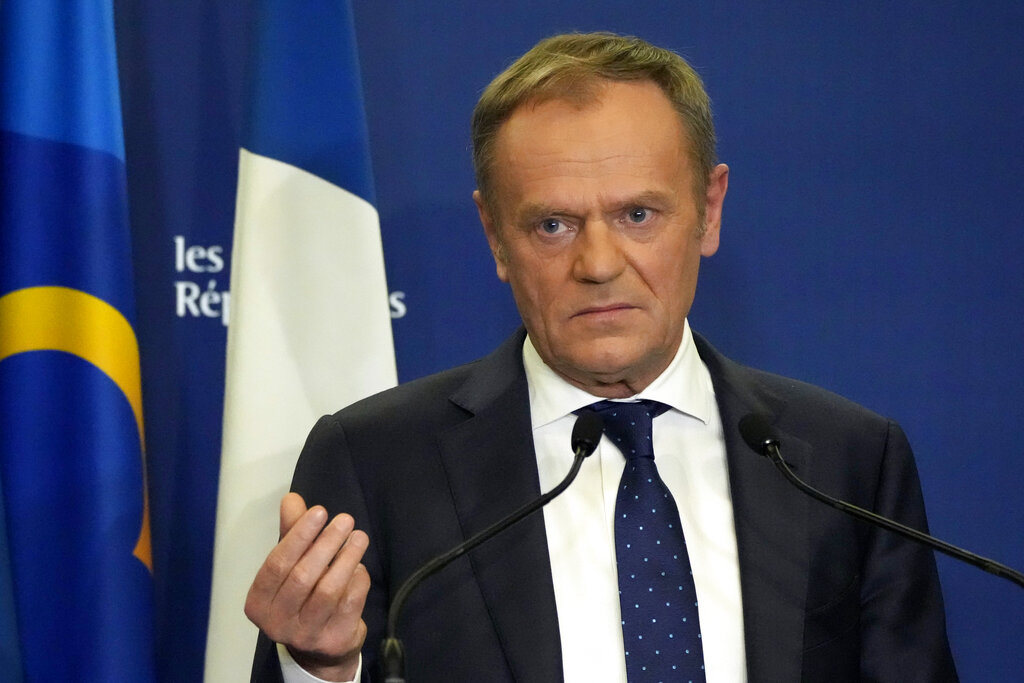Donald Tusk, the leader of the largest opposition party, the liberal Civic Platform (PO), told a public meeting in western Poland that he favored removing religious teaching from schools in Poland, as the topic is alienating the young and doing more harm than good for the Catholic Church.
Tusk said he is a Catholic who when young was taught religion in classes organized outside of school by the church. He claimed he is lucky that he never experienced any sexual abuse from priests, and that the church in those days was different from today’s, which he called “a giant corporation, profit-oriented and lacking interest in preaching the gospel.” He argued the teaching of religion in schools had become a way for the Church to make money and that the Church was undermining itself when clerics such as Archbishop Marek Jędraszewski call LGBT a “rainbow plague” (in fact, Jędraszewski was referring to LGBT ideology and not people).
The teaching of religion was removed from schools in communist times. It was brought back in the 1990s after the collapse of communism and enshrined in a Concordat between Poland and the Vatican. Its removal from schools would therefore require the change of an international treaty, which can only be done by a two-thirds majority in parliament.
Tusk himself, during the presidential campaign of 2005, emphasized that he and his family were practicing Catholics, but today he and his party have moved in the direction of criticizing the Church at almost every available opportunity.
The change in the opposition’s stance may be connected to the changes taking place in public attitudes, even to widely respected figures such as Saint John Paul II, the Polish pope. Daily Rzeczpospolita commissioned a poll from SW Research asking people whether publications alleging that the pope before assuming his office knew about cases of pedophilia in the Church had affected their view of him, and 35 percent of those surveyed admitted that their view had been affected and that it had damaged John Paul II’s reputation in their eyes. Meanwhile, 45 percent stated that it had not changed their view of the Polish pope, and 6 percent said these accusations made them support him all the more.
The poll was carried out in the aftermath of a report by commercial TVN24 channel that alleged that the pope, while he was a bishop in Kraków, knew about cases of sexual abuse and was involved in covering them up. Last Thursday, the Polish parliament passed a resolution in defense of the reputation of John Paul II. The resolution condemned the media revelations as being based on former communist secret police files and accused the media involved in participating in an attempt to blacken the reputation of the pope.
The resolution was passed with the votes of the ruling conservatives, the radical right Confederation party and the center-right Polish People’s Party (PSL). The Left party voted against it, and the largest opposition liberal party, PO, decided not to participate in the vote, arguing that this issue should not be the subject of parliamentary debate.






